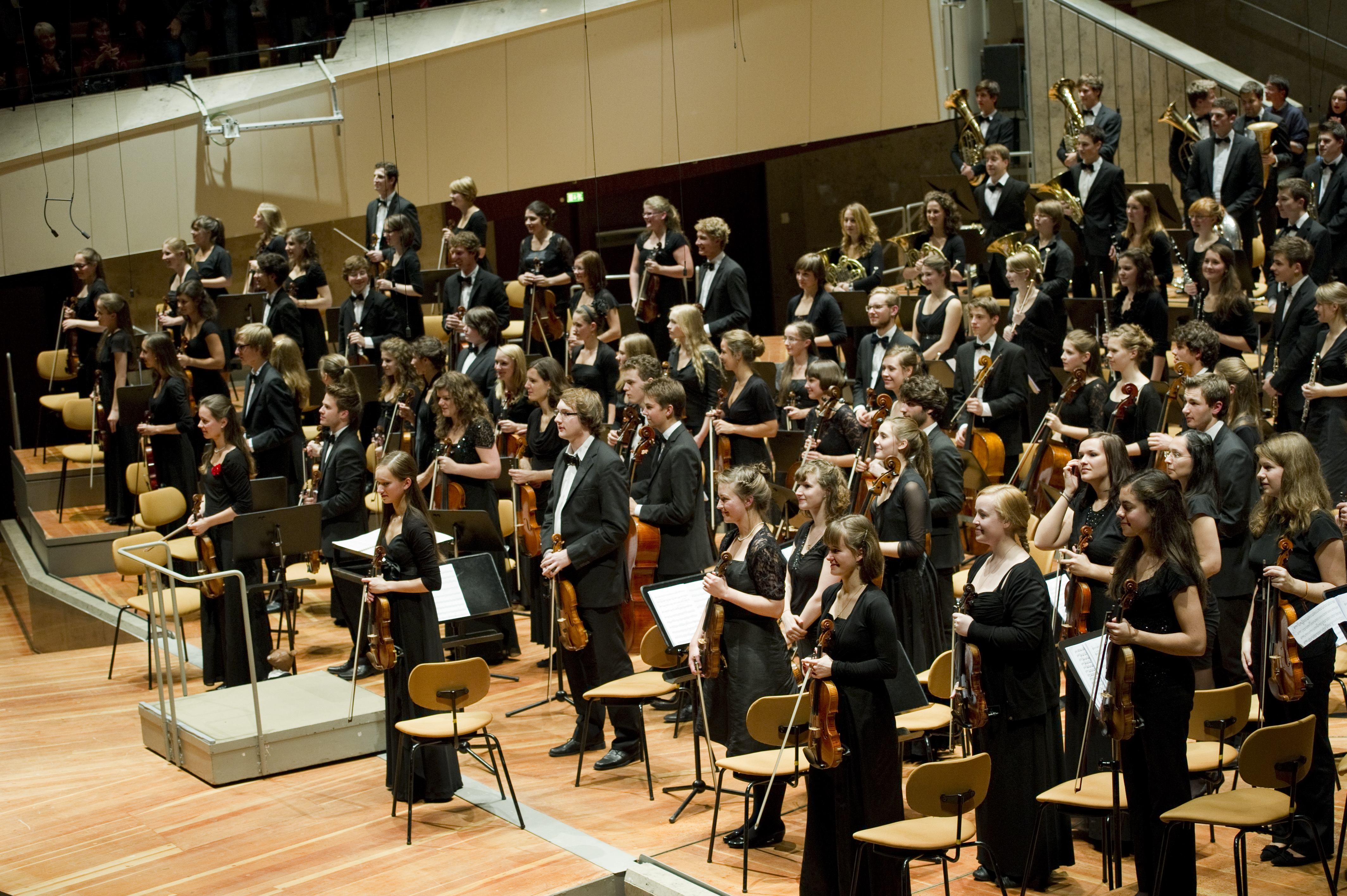History of Classical Music
- Introduction to Classical Music
- The Medieval Period (500-1400)
- The Renaissance Period (1400-1600)
- The Baroque Era (1600-1750)
- The Classical Period (1750-1820)
- The Romantic Period (1820-1900)
- The 20th Century (1900-2000)
- Modernism in Music
- Postmodernism in Music
- Women in Music
- Contemporary Music
- The Intersection of Classical Music & Pop Culture
The Intersection of Classical Music & Pop Culture
The Role of Classical Music in Cinema

Broad tradition of Western art music.
Classical music has played a significant role in the world of cinema since its inception. It has been used to enhance storytelling, evoke emotions, and create memorable moments that resonate with audiences.
The Role of Classical Music in Cinema
Classical music is often used in films to underscore a scene, heighten drama, or convey a particular mood or atmosphere. It can be used to accentuate the emotions of a character, create tension, or provide a sense of grandeur and scale.
For example, Stanley Kubrick's use of Richard Strauss's "Also sprach Zarathustra" in "2001: A Space Odyssey" creates a sense of awe and wonder, while the use of Mozart's "Requiem" in "Amadeus" underscores the tragic life of the composer.
Iconic Film Scores
Classical music has been integral to some of the most iconic film scores in cinema history. John Williams, one of the most renowned film composers, has often drawn on classical music for his scores. His work on "Star Wars," for instance, is heavily influenced by the works of Gustav Holst and Richard Wagner, among others.
Similarly, the haunting score for Alfred Hitchcock's "Psycho," composed by Bernard Herrmann, is reminiscent of the dissonant strings found in many 20th-century classical compositions.
The Impact of Classical Music on Film Audiences
Classical music can have a profound impact on film audiences. It can intensify the emotional impact of a scene, making audiences feel a deeper connection to the characters and the story.
Moreover, the use of classical music in films can also introduce audiences to the genre who might not otherwise listen to it. For example, the use of Beethoven's Ninth Symphony in "A Clockwork Orange" introduced a whole new generation to the composer's work.
In conclusion, classical music plays a vital role in cinema, enhancing storytelling, creating memorable moments, and impacting audiences. Its use in films continues to evolve, ensuring that classical music remains a vital part of our cultural landscape.